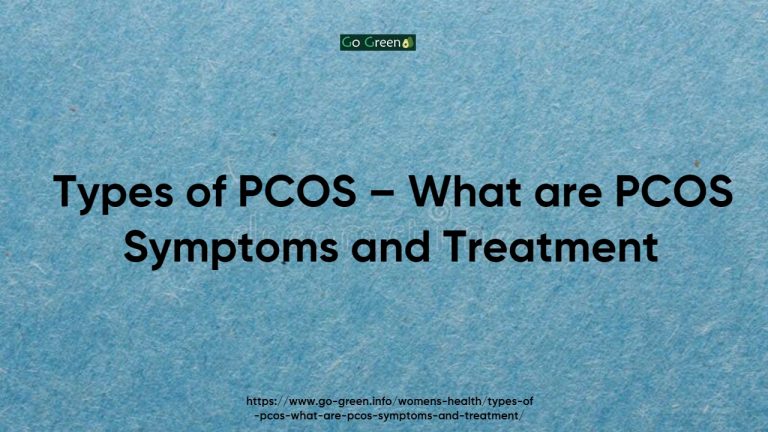Pcos

PCOS, which stands for Polycystic Ovary Syndrome, is a hormonal disorder that affects women of reproductive age. It is one of the most common endocrine disorders among women, and its exact cause is not fully understood. PCOS is characterized by a combination of signs and symptoms related to hormonal imbalances and ovarian dysfunction.
Key Features of PCOS:
Irregular Menstrual Cycles: Women with PCOS often experience irregular menstrual cycles, which may be infrequent, unpredictable, or absent altogether. This irregularity is a result of hormonal imbalances, particularly elevated levels of androgens (male hormones) and insulin resistance.
Ovarian Cysts: Despite its name, the presence of cysts on the ovaries is not a defining feature of PCOS. Instead, PCOS is characterized by multiple small follicles (fluid-filled sacs) in the ovaries that fail to mature and release eggs regularly.
Hyperandrogenism: Women with PCOS have higher-than-normal levels of androgens, such as testosterone, which are typically associated with male hormones. This can lead to symptoms like hirsutism (excessive hair growth on the face, chest, or abdomen), acne, and male pattern hair loss.
Insulin Resistance: Many women with PCOS have insulin resistance, a condition in which the body’s cells do not respond effectively to insulin. Insulin resistance can lead to elevated insulin levels, which can further contribute to hormonal imbalances and other metabolic issues.
Metabolic Abnormalities: PCOS is often associated with metabolic abnormalities, such as weight gain, obesity, and an increased risk of type 2 diabetes and cardiovascular disease.
Diagnosis and Treatment:
Diagnosing PCOS involves a comprehensive evaluation of the patient’s medical history, symptoms, physical examination, and laboratory tests. The Rotterdam criteria are commonly used for diagnosis, which requires the presence of two out of three key features: irregular periods, signs of hyperandrogenism, and polycystic ovaries seen on ultrasound.
Treatment for PCOS aims to manage the symptoms, improve hormonal imbalances, and reduce long-term health risks. Treatment approaches may include:
Lifestyle Changes: Adopting a healthy lifestyle, including regular exercise and a balanced diet, can help manage insulin resistance and support weight management.
Hormonal Birth Control: Oral contraceptive pills or other hormonal contraceptives can help regulate menstrual cycles, reduce androgen levels, and improve skin issues.
Anti-Androgen Medications: Medications that block the effects of androgens can be prescribed to address symptoms like hirsutism and acne.
Fertility Treatments: Women with PCOS who are trying to conceive may require fertility treatments to stimulate ovulation and increase the chances of pregnancy.
Management of Metabolic Conditions: Managing insulin resistance and addressing other metabolic conditions is important in preventing long-term health complications.
PCOS is a lifelong condition that requires ongoing management. Women with PCOS should work closely with their healthcare providers to develop a personalized treatment plan that addresses their specific symptoms and health needs. Early diagnosis and intervention can help minimize potential complications and improve overall quality of life.



